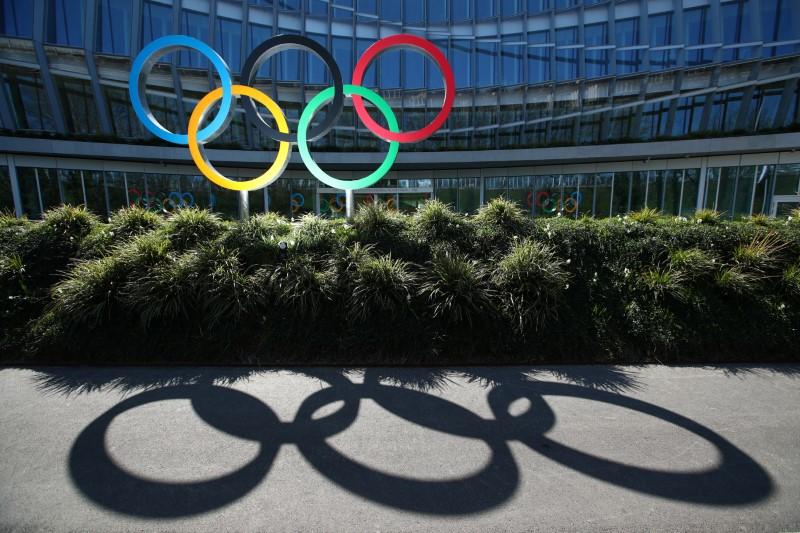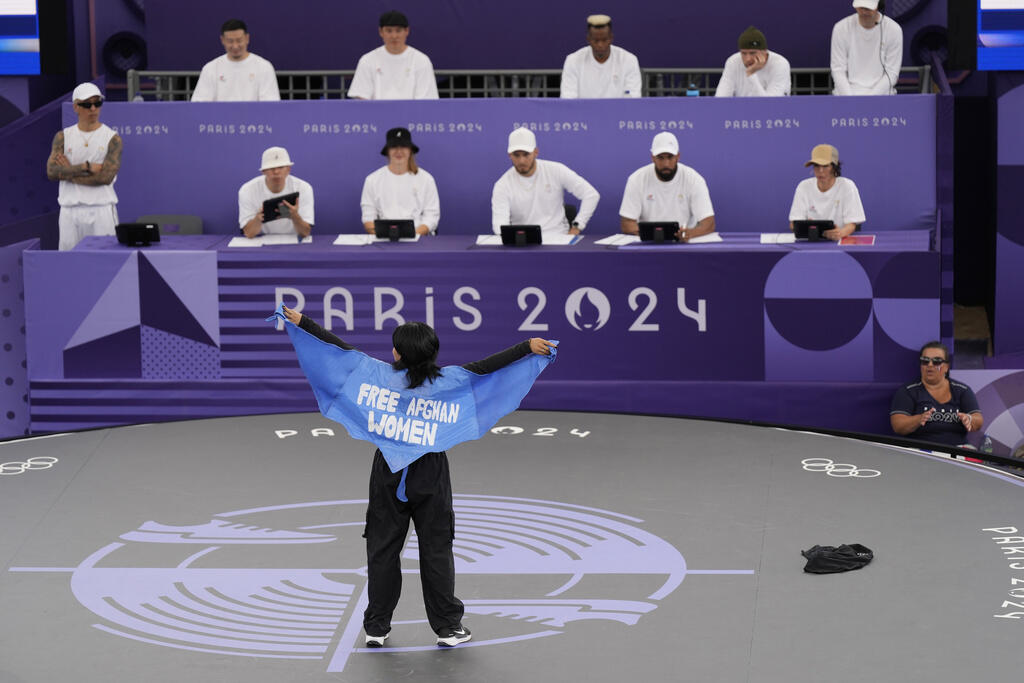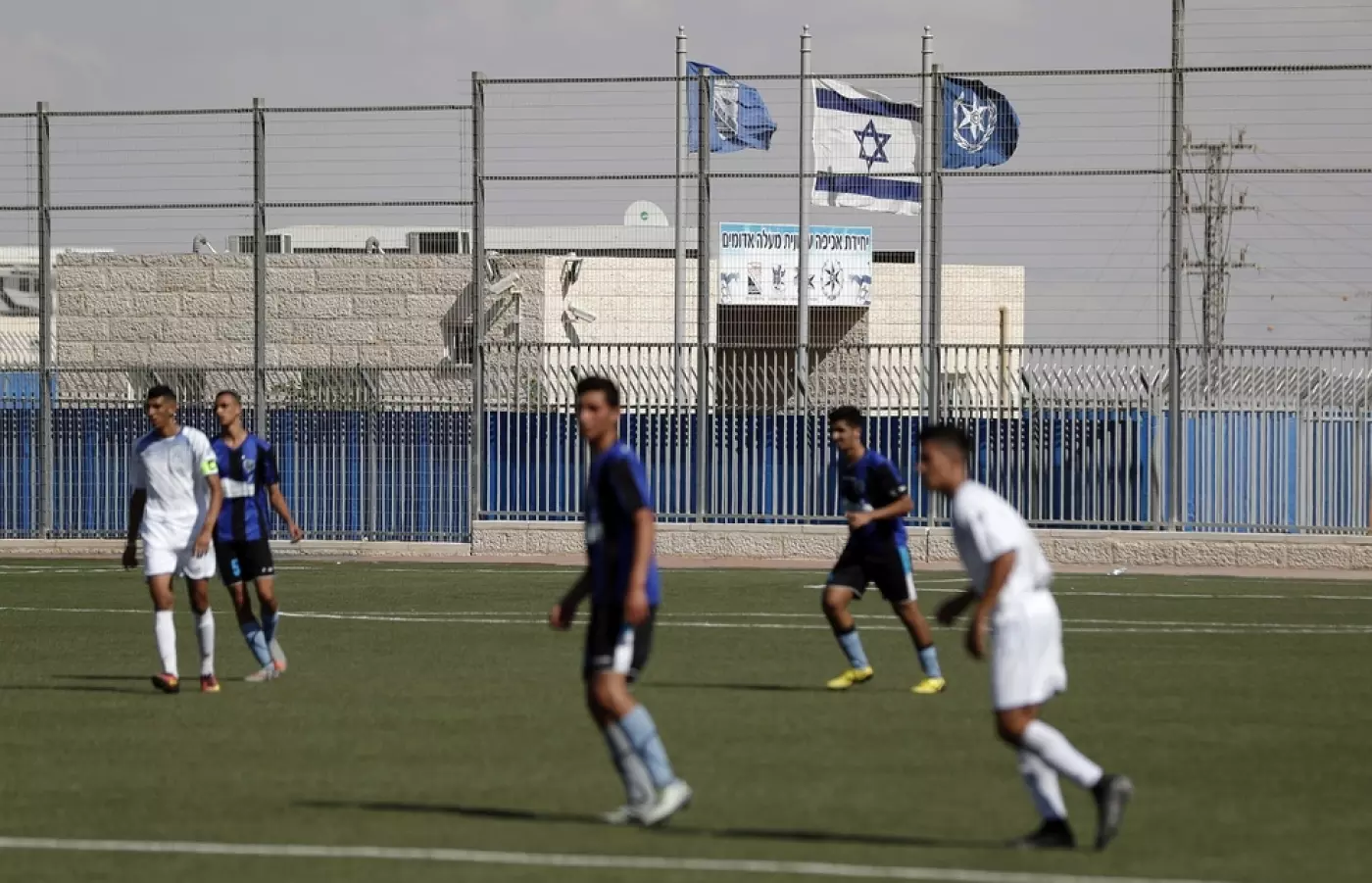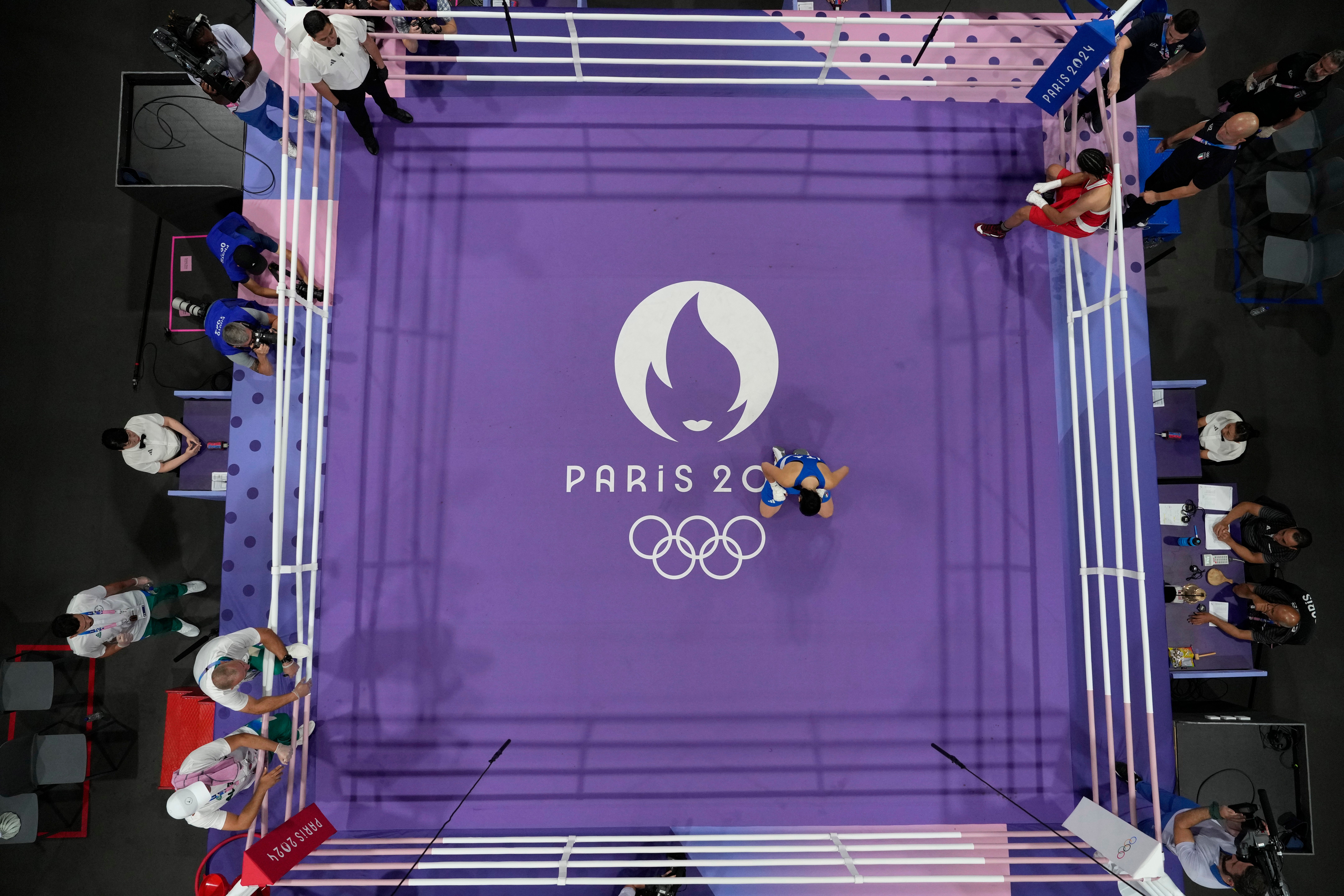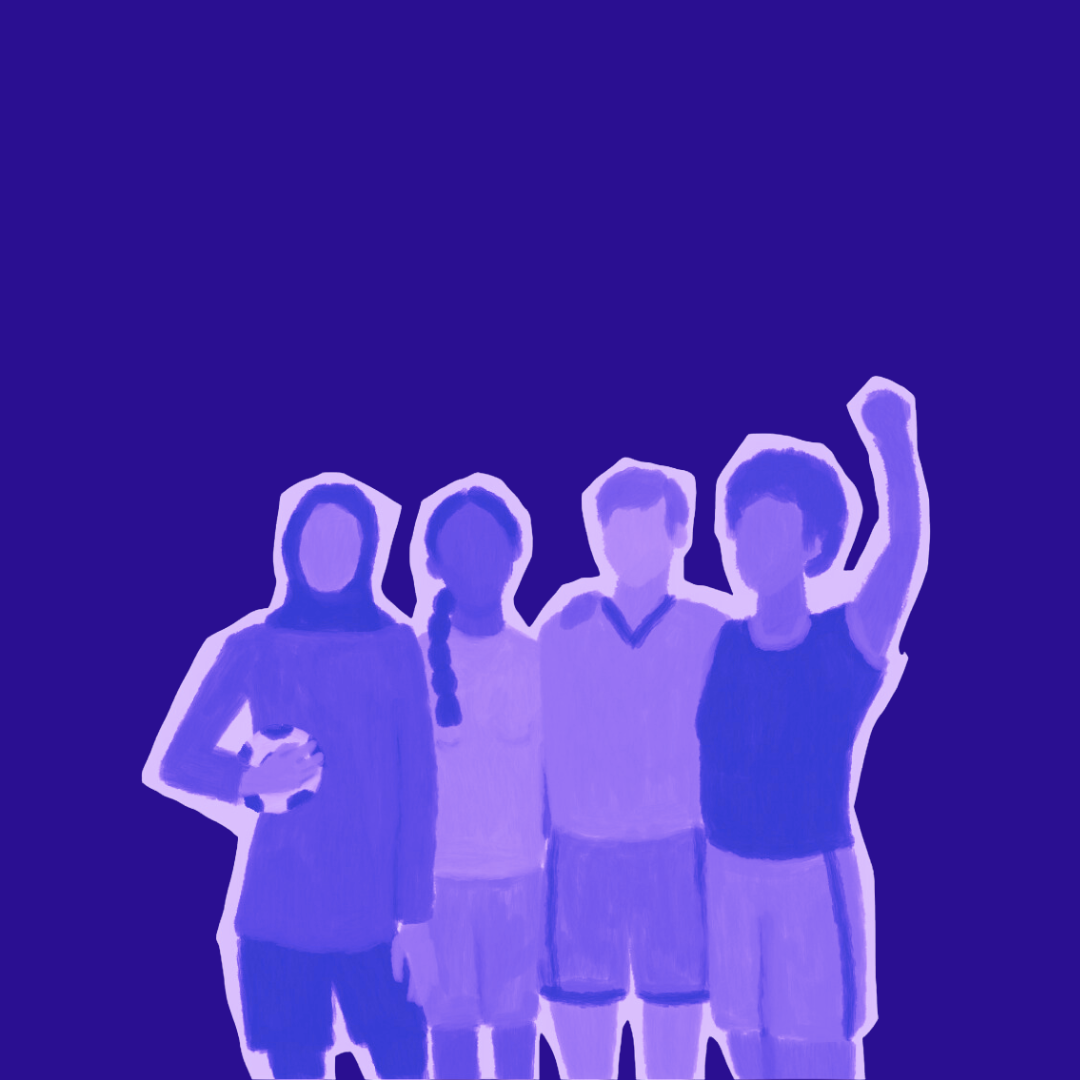Now Must Engage Stakeholders and Add Human Rights to Olympic Charter
(Nyon, Switzerland, June 7, 2022) — The International Olympic Committee’s (IOC) progress update released on May 20, 2022 is an important step towards adopting a desperately needed human rights strategic framework, the Sport & Rights Alliance said today. The move follows decades of calls from civil society and addresses several long-time demands from nongovernmental organizations and trade unions.
“The International Olympic Committee should immediately adopt and entrench human rights across its operations, and add protecting and respecting human rights to the Olympic Charter as a fundamental principle,” said Minky Worden, director of global initiatives at Human Rights Watch. “Though overdue, this is a critically important step. It is a testament to what happens when athletes, activists, fans, journalists, workers and communities come together to make change.”
The IOC’s progress report acknowledges its responsibility to “respect human rights in accordance with the UN Guiding Principles on Business and Human Rights (the UN Guiding Principles),” and makes a commitment to “amending the Olympic Charter to better articulate human rights responsibilities.” The IOC also rightly focused on salient rights issues such as equality and non-discrimination; safety and well-being; livelihoods and decent work; voice — including freedom of expression, association and assembly, and meaningful representation; and privacy.
“The IOC report is right to say that athletes sit at the heart of sport, and the IOC’s human rights strategy must deliver for them,” said Brendan Schwab, executive director of the World Players Association. “This means defining athlete rights in accordance with international law, recognizing the right of athletes to organize, and ensuring that bodies such as the Court of Arbitration for Sport will enable athletes to access justice where their human rights have been violated. The IOC has long purported to advance athlete rights without respecting international human rights standards.”
The Sport & Rights Alliance has found key gaps in the document which need to be addressed in the final IOC Human Rights Strategic Framework, scheduled to be launched in September 2022. Most notably, the IOC failed to acknowledge journalists, people with disabilities, spectators and fans, as well as racial and ethnic minority groups as “particularly at-risk populations.”
“The chaos that unfolded around the UEFA Champions League final in Paris clearly shows that the IOC also needs to look closer to how fans are treated, especially for the next Games in Paris 2024,” said Ronan Evain, executive director of Football Supporters Europe. “The Olympic movement has no audience without its spectators. In its role as authoritative leader of the Olympic Movement and global sports governance, the IOC’s decisions determine how and whether fans participate in events, where we travel, how we’re treated, yet it has once again forgotten that fans too have human rights.”
Eli Wolff, director of the Power of Sport Lab and co-founder of Disability in Sport International, said that, “Persons with disabilities are a critically affected group in sport and in society and are protected and recognized by the United Nations and specifically in the Convention on the Rights of Persons with Disabilities. Persons with disabilities are more than 15 percent of the global population and must be recognized in the human rights strategies and all equality and non-discrimination policies of the International Olympic Committee.”
The Sport & Rights Alliance added that the gaps identified in the progress report are not entirely surprising, given that it was developed without direct input from representatives of affected people and communities. Ongoing stakeholder engagement is an essential requirement of the UN Guiding Principles, in the identification and prioritization of human rights risks, when informing effective mitigation strategies, tracking its effectiveness and addressing violations.
Affirming the IOC’s commitment to “integrating meaningful engagement with affected stakeholders” into its ongoing due diligence processes, the Sport & Rights Alliance underlines the need for this to start as soon as possible. As the leader of global sport, the IOC should also take the additional step of including stakeholder representation in its governance structures to ensure the voice and lived experience of affected people are included in all decision-making processes.
“Given the declared launch date of September 2022, the IOC should immediately engage representatives for all affected groups — including spectators, journalists, children, survivors, athletes, LGBTQI+ population and people with disabilities — in meaningful and ongoing consultations for the next steps,” said Andrea Florence, acting director of the Sport & Rights Alliance. “It is only through transparent participation of people and communities directly impacted in decision-making processes that the IOC will actually understand how to prevent and address human rights harms related to their operations.”
Since the UN Guiding Principles were unanimously endorsed by UN Member States in 2011, the IOC has resisted pressures from civil society to adopt human rights across its operations and effectively engage with representatives of affected people and communities — even as it awarded the Olympics to countries with poor or worsening human rights environments.
Members of the Sport & Rights Alliance have long met with Olympic leaders to urge the IOC to adopt a human rights framework, accept their responsibility to seek to prevent and address human rights harms linked to the Olympic Movement, and to mitigate and remedy harms that they cause or contribute to directly. The IOC should also use its enormous power to improve often abysmal human rights conditions in host countries including China, Brazil, Russia, Belarus and Japan.
